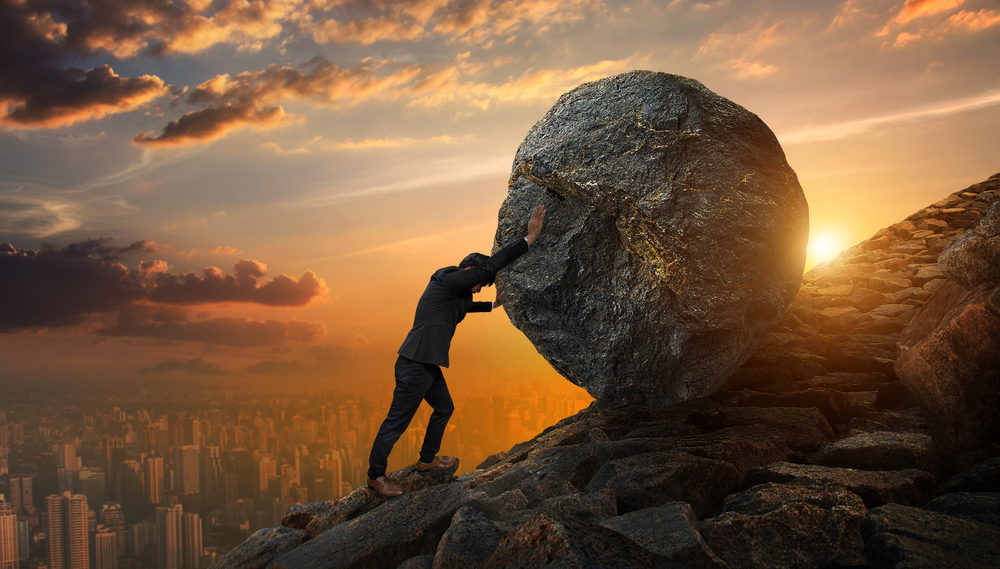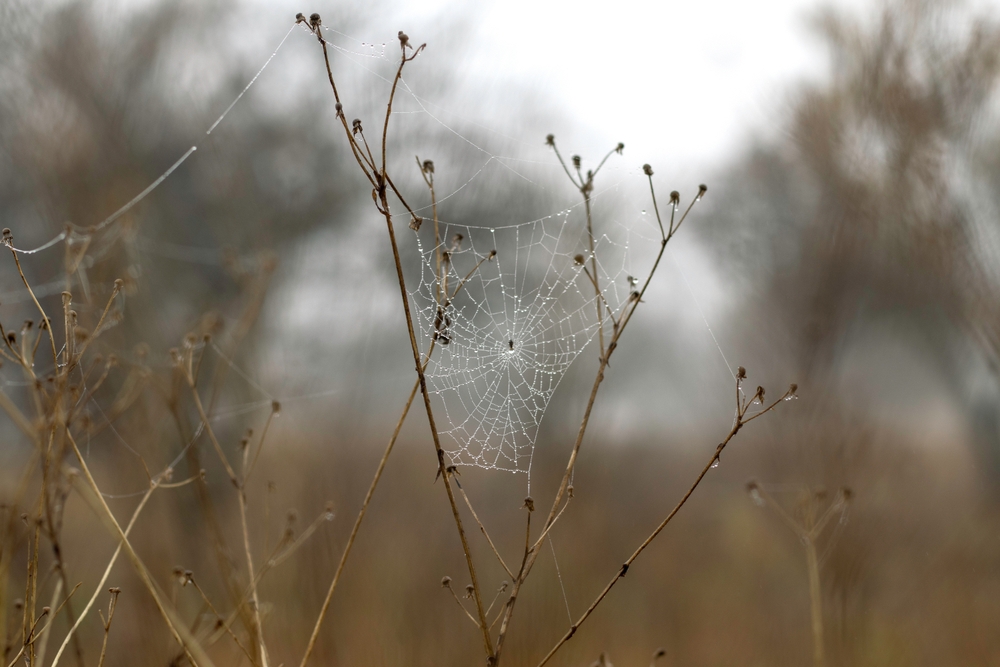The Two Things That Can Solve Our Biggest Problems
Joel Salatin|October 6, 2020

On a recent podcast, I was asked, “What are the world’s biggest problems?”
I’m a simple guy, and I could certainly make a big, long list… but then you’d get lost in the size and enormity of the list.
So I said, “Two things: Inertia and a lack of empowerment.”
All Is Not Well
Inertia works two ways, as you know. It says that bodies at rest tend to stay at rest. But the flip side is also true: Bodies in motion tend to stay in motion.
(We don’t think about the latter as often… but if your car brakes fail at a stoplight, you’ll quickly learn to appreciate it.)
Inertia is about routine, apathy and status quo.
The easiest thing in the world is to assume we can just rock along with the way things are and all will be well.
We can continue trading 2 bushels of soil for every bushel of corn. We can continue pumping out the aquifers faster than they regenerate. We can continue eating junk food and trusting doctors to fix us when we break.
Bureaucracy, of course, is perhaps the most obvious societal example of inertia.
How many agencies, formed to deal with immediate issues, get canceled when the crisis abates?
Bureaucracy isn’t just governmental either. Have you tried changing your credit card lately? Or tried to talk to your Wi-Fi service provider?
The tendency for all of us is to stay with our routine. As long as beer is in the fridge and the NFL is on TV, life is good. But all progress, cures and innovations require movement. City burning around you? Move. Have health issues? Move. Move your diet, your doctor, your activities, your lifestyle, your counselors.
As soon as you move, even a little bit, it’s easier to build up steam. This is Dave Ramsey’s formula with the debt snowball. Just start. It’s what I teach during my marketing classes to farmers. “Don’t worry about a hundred customers. Just focus on one. That’s the hardest one. Get one, and No. 2 will be easier.”
How many people thank catastrophe and crisis for pushing them to do something? The difficulty may not be fun at the time, but, looking back, it is often the catalyst to better things.
I’ve always been grateful that our family came to farming without a bank account. Hunger makes you creative.
Look at all the positive things coming out of the COVID-19 situation. Backyard chickens… gardening… canning… home butchery… bread making… It even helped drive the current urban exodus. People who dreamed of “moving out” are now closing on houses and farmettes in more rural areas.
Folks need to understand that sitting and blaming or waiting for rescue is not the cure for what ails us.
We’ve got to get up and move.
One Bite at a Time
The second issue is a lack of empowerment.
We’re bombarded daily with issues of such magnitude that we feel powerless to solve them. Climate change, racial issues, homelessness, soil erosion, aquifer depletion, autism, cancer, taxes. You go down that list, and, if you’re like me, each one makes you sink deeper into your chair and into despair.
People who consistently ask “What can I do?” are really asking for affirmation that something will make a difference. That something they do today will have lasting positive consequences.
This is why Stephen Covey in The 7 Habits of Highly Effective People admonished the “sphere of influence” principle. If we focus on what we can do something about, our influence actually increases. If we focus on things we can’t do anything about, our sphere of influence diminishes.
Business counselors advise baby steps, or the proverbial “How do you eat an elephant? One bite at a time.”
Solutions Are Closer Than They Appear
For example, I just received yet another request to join an advisory board for an outfit whose mission is to change the world.
I responded that I wanted to know how they were going to change one person first.
Empowerment demands that we break massive problems down into pieces that are measurable, specific and timed.
If we take better eating, for example, a change for the better could look like this.
- Cook an egg for breakfast.
- Buy the egg from a better source.
- Search the website of the source.
- Google “pastured eggs” and spend 15 minutes studying websites.
- Visit the farm from your favorite website.
- Talk face-to-face with the farmer.
That is a simple progression from breakfast cereal to something profoundly empowering.
The problem is most solutions are presented so far away from first steps that we’re disempowered from the get-go.
If we want a different world, we have to look at what we can do, now.
I find it amazing that people who think climate change offers us only 20 years until extinction still take their kids to soccer games and watch comedies on Netflix. If they really believed that prediction, they’d sell the car, live in a tent, clothe themselves in hand-spun fibers, compost their human excrement and live in postapocalyptic subsistence.
Clearly the Henny Pennies suffer from both inertia and a lack of empowerment.
Over my lifetime, I’ve watched a gullied rock pile become abundantly productive.
Our farm has been completely transformed by the caress of incremental stewardship. Every one of us needs to understand not only that we must touch our ecological umbilical properly but also that doing so moves it to a place of healing and provision.
The cumulative effect of these participatory touches moves things.
That is the message for the world.
Where do you see inertia and a lack of empowerment getting in the way? Tell us about it at mailbag@manwardpress.com.

Joel Salatin
Joel Salatin calls himself a Christian libertarian environmentalist capitalist lunatic farmer. Others who like him call him the most famous farmer in the world, the high priest of the pasture, and the most eclectic thinker from Virginia since Thomas Jefferson. Those who don’t like him call him a bioterrorist, Typhoid Mary, a charlatan, and a starvation advocate. With a room full of debate trophies from high school and college days, 12 published books, and a thriving multigenerational family farm, he draws on a lifetime of food, farming and fantasy to entertain and inspire audiences around the world.



